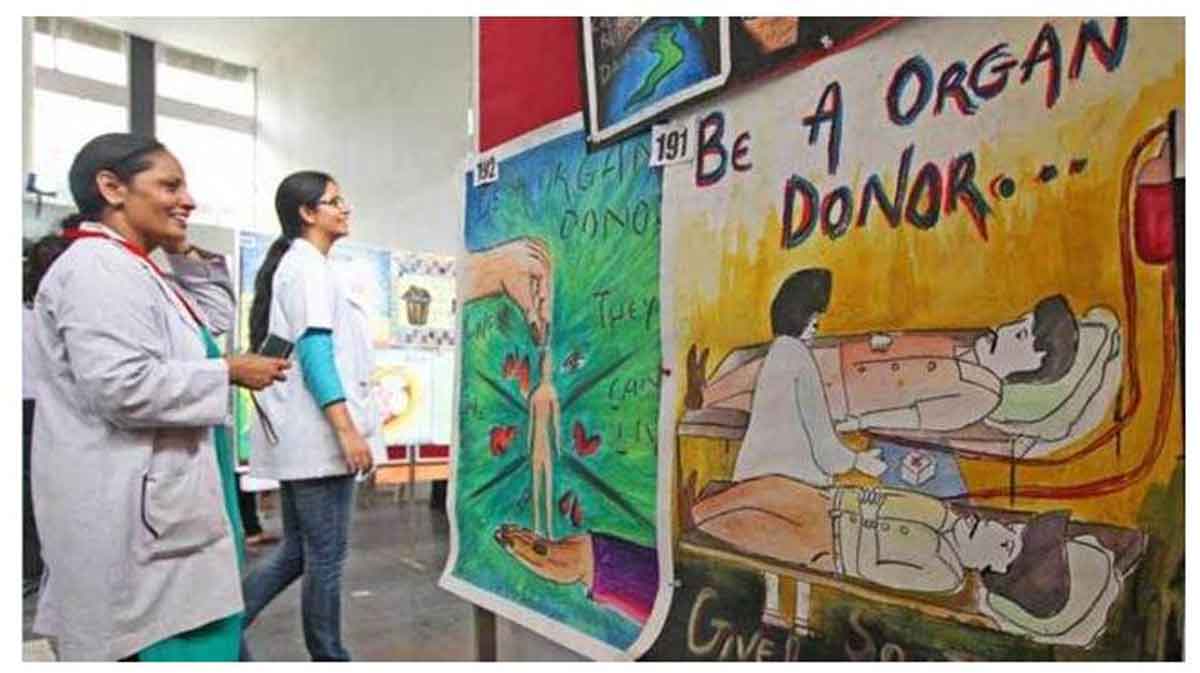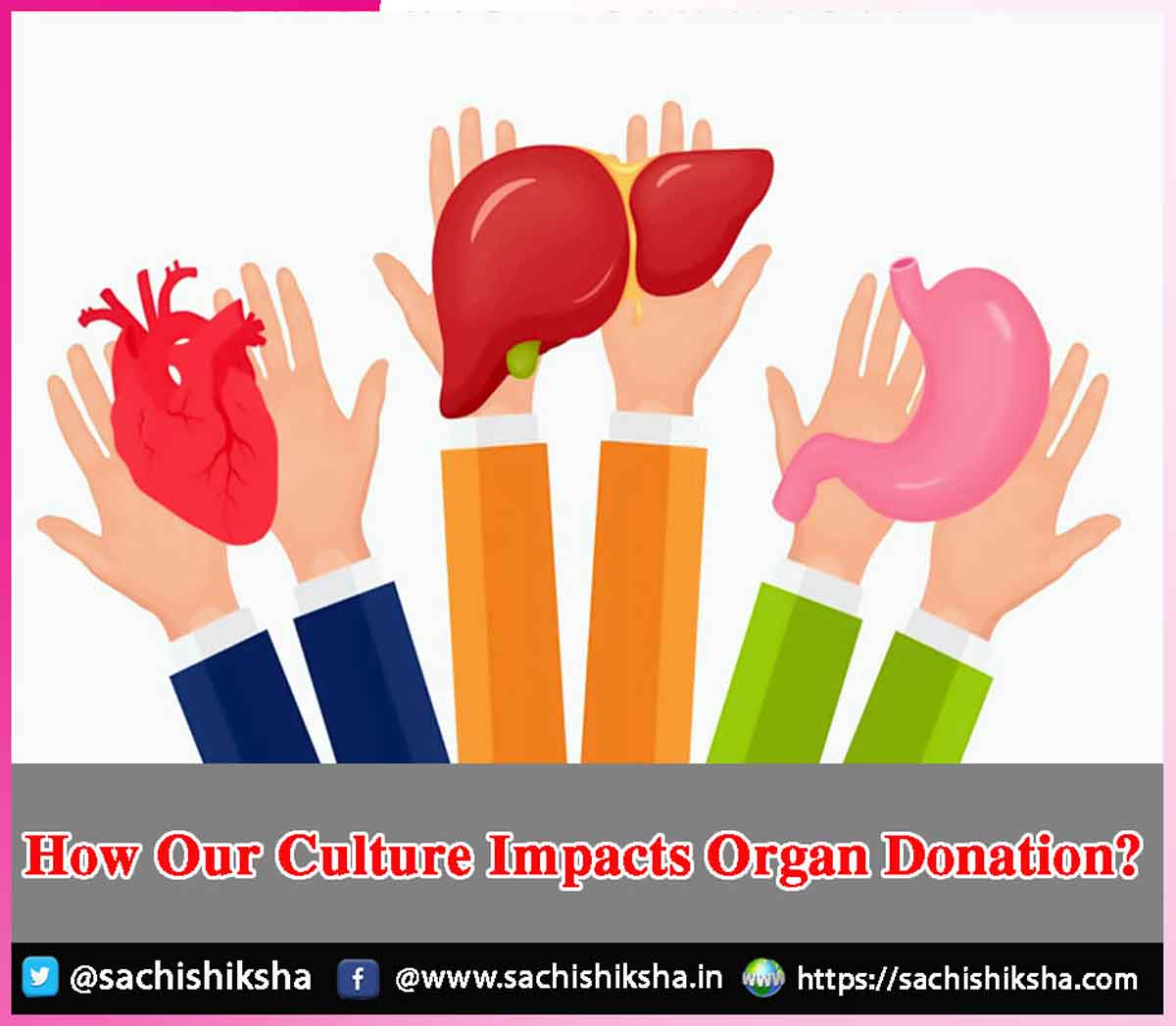How Our Culture Impacts Organ Donation?
Introduction: Organ donation is a profoundly important issue, touching upon life, death, and the ethical dimensions of both. Yet, the decision to donate organs is not made in a vacuum; it is deeply influenced by cultural beliefs, values, and practices. Here we will explore how culture impacts organ donation, examining various cultural attitudes, religious beliefs, and societal norms that shape individuals’ decisions and the broader implications for organ donation systems worldwide.
Table of Contents
Understanding Organ Donation

Cultural Attitudes Towards Death and the Body
Cultural attitudes toward death and the human body significantly impact organ donation. In many cultures, the body is seen as a sacred entity that must be treated with the utmost respect after death. For instance, in some traditions, the integrity of the body is paramount, and any form of alteration, including organ removal, may be perceived as a violation. These cultural perspectives can lead to reluctance or refusal to participate in organ donation programs.
Example: Eastern Religions
In Hinduism, Buddhism, and other Eastern religions, the body is often viewed as a vessel for the soul’s journey. The idea of altering the body ‘post-mortem’ can be seen as disruptive to the spiritual process. In Hindu culture, the body is typically cremated, and any interference with this process is discouraged. Similarly, in Buddhism, the belief in reincarnation might lead to concerns that organ donation could affect the cycle of rebirth.
Example: Western Perspectives
In contrast, many Western cultures have a more pragmatic view of the body and death. Here, the focus is often on the potential benefits of organ donation for others. The emphasis is on the continuity of life and the greater good, which can lead to higher rates of donor registration and public support for organ donation programs.
Religious Beliefs and Organ Donation
Religious beliefs play a crucial role in shaping attitudes towards organ donation. Different religions have varying teachings about the sanctity of the body, the afterlife, and the moral implications of organ donation.
Christianity
In Christianity, the majority of denominations support organ donation as an act of charity and compassion. The Catholic Church, for instance, considers organ donation to be a noble act of love and self-sacrifice. Pope John Paul II endorsed organ donation as a “generous act of charity” and an example of “self-giving love.” However, some conservative Christian groups may have concerns about the medical procedures involved or about the ethical implications of organ harvesting.
Islam
Islamic perspectives on organ donation are diverse and can vary among scholars and practitioners. Generally, Islam values saving lives and sees organ donation as an act of compassion. However, there are specific rules and conditions under Islamic law (Sharia) that must be met, such as ensuring that the donation does not harm the donor and that it is performed with consent. The issue of brain death and the definition of death can also be contentious within Islamic jurisprudence.
Judaism
In Judaism, the principle of “pikuach nefesh,” or saving a life, is paramount. This principle often supports organ donation, as it aligns with the value of preserving life. However, Jewish law also emphasizes the need for proper burial, which can create tension in cases where organ donation is involved. The decision to donate organs is generally considered permissible as long as it does not interfere with the proper treatment of the deceased.
Societal Norms and Health Care Systems
Societal norms and the structure of health care systems also influence organ donation rates. In cultures where there is a strong emphasis on individualism and personal choice, such as in the United States, there may be a higher level of personal autonomy regarding organ donation. In contrast, cultures with more collective or community-focused values might have different approaches to organ donation.
Opt-In vs. Opt-Out Systems
Countries with opt-in systems, where individuals must actively register to be organ donors, often experience lower donation rates compared to opt-out systems, where all citizens are presumed donors unless they explicitly refuse. Cultural attitudes toward government authority and individual rights can influence the effectiveness of these systems. For example, countries with high levels of trust in public institutions and a collective sense of responsibility tend to have higher donation rates under opt-out systems.
Social Influences
Social influences, such as family opinions and peer pressure, can also play a role in organ donation decisions. In cultures where family consensus is highly valued, individuals might be less likely to register as donors if their family members are opposed to it. Conversely, in societies where individual decisions are prioritized, personal choice may drive higher registration rates.
Cultural Barriers and Solutions
Understanding cultural barriers to organ donation is essential for improving donation rates and ensuring that organ transplantation systems are inclusive and effective.
Education and Awareness
Cultural barriers can often be mitigated through targeted education and awareness campaigns. Providing information about the benefits of organ donation and addressing specific cultural or religious concerns can help increase donor registration. For example, educational programs tailored to specific communities or religious groups can address misconceptions and provide reassurance about the ethical and medical aspects of organ donation.
Engaging Community Leaders
Engaging community leaders and religious figures in organ donation advocacy can be a powerful strategy. Leaders who are respected within their communities can help address cultural and religious concerns, promote positive attitudes towards organ donation, and encourage people to register as donors. Collaboration with these leaders can also help ensure that organ donation initiatives are culturally sensitive and respectful.
Policy and System Changes
Policy changes, such as implementing opt-out systems or improving the registration process, can also address cultural barriers. Ensuring that the system is accessible and user-friendly for all individuals, regardless of their cultural background, can help increase participation. Additionally, providing resources in multiple languages and addressing specific cultural needs can make the process more inclusive.
Case Studies and International Perspectives
Examining case studies from different countries provides insight into how cultural factors shape organ donation practices and policies.
Spain
Spain is renowned for its successful organ donation program, largely attributed to its opt-out system and a strong emphasis on public education. The country’s high donation rates are also supported by a cultural framework that values solidarity and collective well-being. Spanish culture emphasizes communal responsibility, which aligns well with the principles of organ donation.
Japan
In Japan, cultural and societal attitudes towards organ donation are influenced by traditional beliefs and practices. The concept of “makoto” (sincerity) and the strong emphasis on family consensus can impact donation rates. Efforts to improve organ donation rates in Japan include increasing public awareness and providing more information about the medical and ethical aspects of donation.
India
In India, organ donation rates are relatively low, influenced by a combination of cultural, religious, and infrastructural factors. Traditional beliefs about the body and the afterlife, combined with a lack of awareness and infrastructure for organ donation, pose challenges. Recent initiatives aim to address these barriers through public education and engagement with religious leaders.
Conclusion
Cultural attitudes, religious beliefs, and societal norms profoundly influence organ donation practices and rates. Understanding these factors is crucial for developing effective strategies to increase organ donation and improve transplantation systems. By addressing cultural barriers, engaging with communities, and implementing inclusive policies, it is possible to enhance organ donation rates and ensure that more lives are saved through this vital practice. As societies continue to evolve, ongoing efforts to understand and respect cultural differences will be essential in promoting organ donation and addressing the global challenge of organ shortages.













































